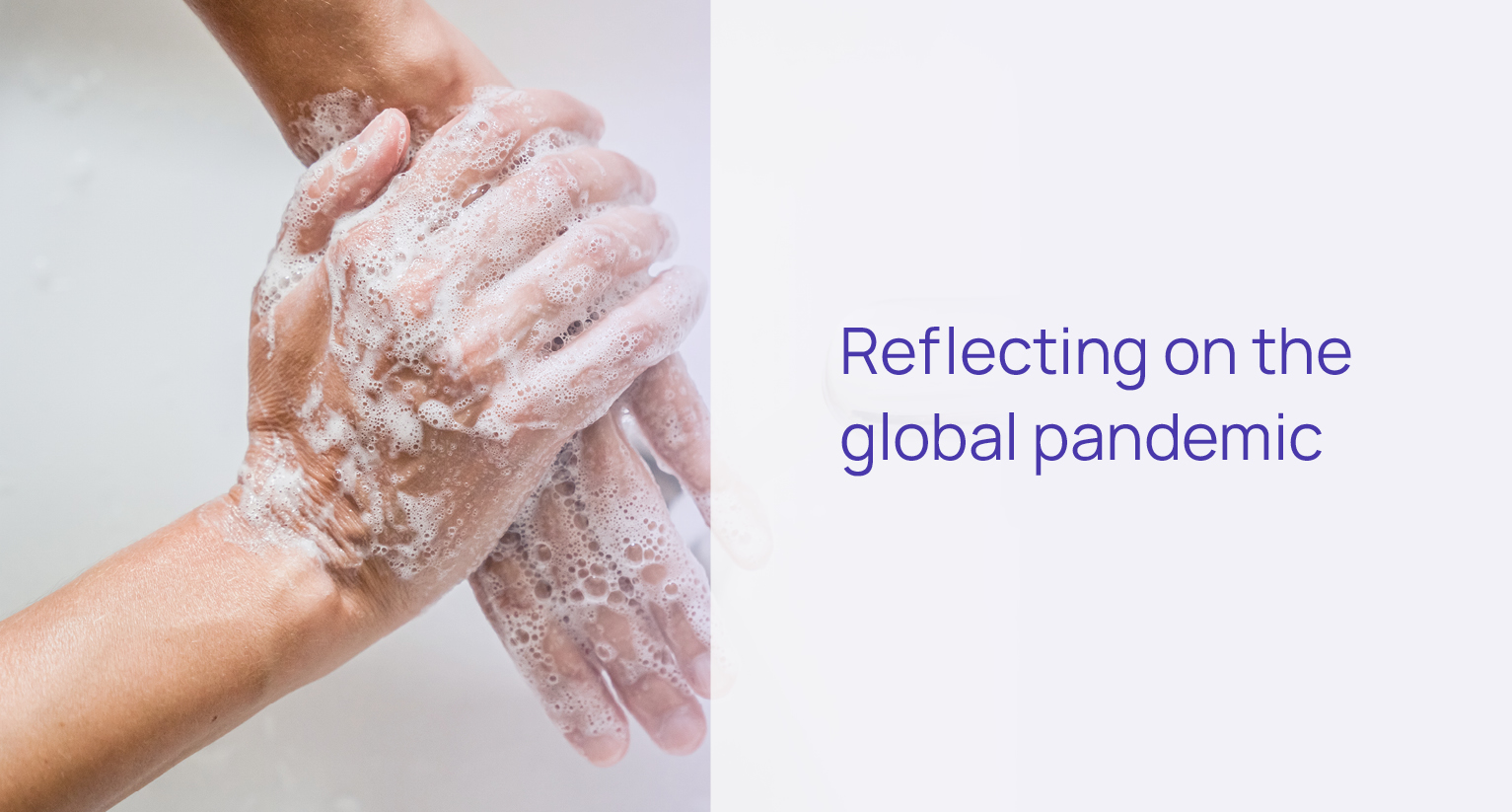As the global pandemic begins to fade into a distant memory, it’s time to examine the invaluable lessons we’ve learned, the innovative procedures and practices implemented, and the lasting changes that have evolved within the commercial laundry industry over the past few years. Most importantly, do we continue practising what we learnt.

The COVID-19 pandemic presented unforeseen challenges, but it also inspired remarkable adaptability and resilience within the industry. My journey began early December 2019 when a seemingly vague inquiry from a laundry sparked my curiosity. The question posed was, “How can a laundry facility continue its operations when handling linen contaminated with a highly contagious and unfamiliar virus?” At that moment, I was slightly shocked, but my response was straightforward: apply the same rigorous hygiene and infectious materials protocols utilised for other contaminants. From there, a detailed procedure, incorporating stringent hygiene measures and the use of Personal Protective Equipment (PPE) was planned out. I’m glad to say this approach successfully safeguarded both the workforce and this laundry’s operations for the best part of the pandemic.
As the world celebrated the arrival of Christmas and the onset of 2020, news headlines from around the globe depicted a grim reality: the relentless surge of COVID-19 cases, hospitalisations, and unfortunate fatalities, all on the rise.
The first confirmed case in Australia was on January 25th in a traveller returning from Wuhan, China, into Melbourne. From February 1st, travel restrictions were put into place. Little did anyone anticipate the devastating consequences that were to follow. Despite initial optimism stemming from geographical isolation, the realisation soon set in that the pandemic was indeed a global threat.
What unfolded throughout 2020 and 2021 was a saga that etched indelible memories into the minds of everyone involved. Rules and regulations evolved rapidly, impacting lives and livelihoods from one state to another. Families, friends, and colleagues found themselves separated by circumstances no one had anticipated, and the duration of these trying times remained uncertain.
While the spotlight often shone on frontline workers such as doctors, nurses, and caregivers, there was a dedicated and often unsung group of professionals who played a crucial role in supporting hospitals, aged care facilities, and hotels—those working within the laundry industry.
Key lessons learned
In conversations with industry leaders, key lessons learned during the pandemic have emerged:
- Adaptability and flexibility in operations – businesses that quickly pivoted to meet changing demands, such as increased sanitation requirements and shifts in customer needs, were better positioned to weather the crisis. This flexibility extended beyond operations to include business models, with many companies exploring new revenue streams and service offerings to stay afloat, offering hand sanitiser and masks stands out as a couple of those.
- Critical role of technology in modernising the sector – companies that had already invested in automation and digitalisation found themselves at an advantage, able to maintain operations with minimal disruption. This period also put in the spotlight the need for the adoption of technologies like IoT sensors and cloud-based management systems, such as JayCloud, allowing for more efficient and data-driven decision-making and remote monitoring, especially when borders were closed.
As the industry moves forward, these lessons serve as a reminder of the importance of resilience and innovation in navigating future challenges.As we look back on the trials and triumphs of the past years, we gain a deeper understanding of the resilience, adaptability, and innovation that are the hallmarks of the commercial laundry industry. The lessons learned during these unprecedented times have not only transformed the industry but have also paved the way for a more prepared and resilient future.
